Sleep can feel like a distant dream for many women as they get older. Whether it’s because of hormones, stress, or randomly waking up at midnight, restful sleep often gets bumpier with the years. Here are some common sleep issues women experience as they age.
1. They Struggle to Fall Asleep
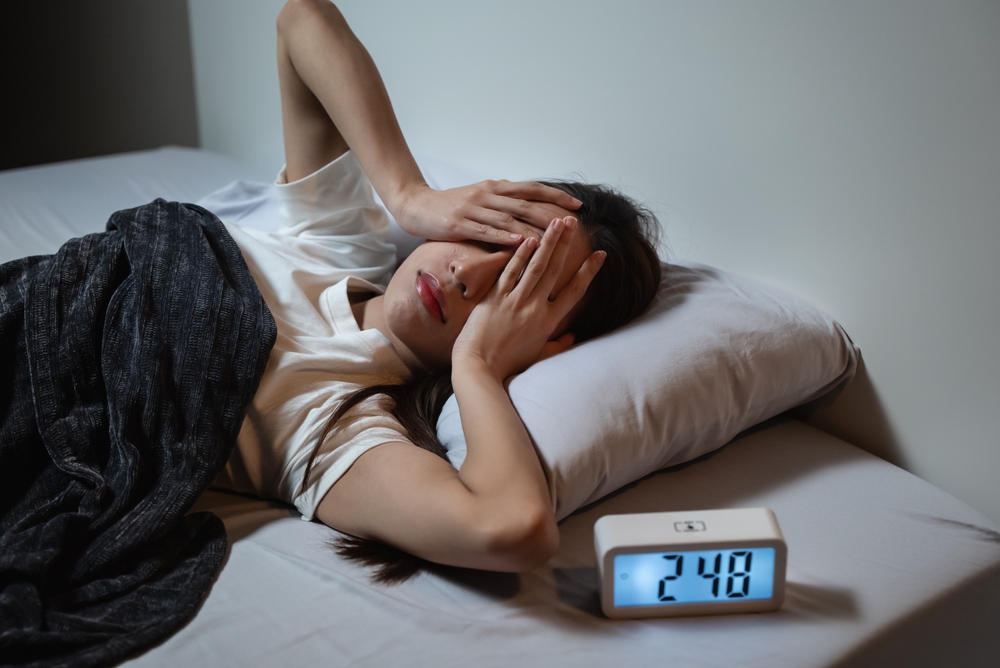
As you age, your body’s melatonin production decreases, making it harder to wind down. That racing mind doesn’t help either. Stress, hormonal changes, or screen time can keep you tossing and turning. A bedtime ritual—like dimming the lights or sipping herbal tea—can signal your body it’s time to snooze.
2. They Start Waking Up Too Early
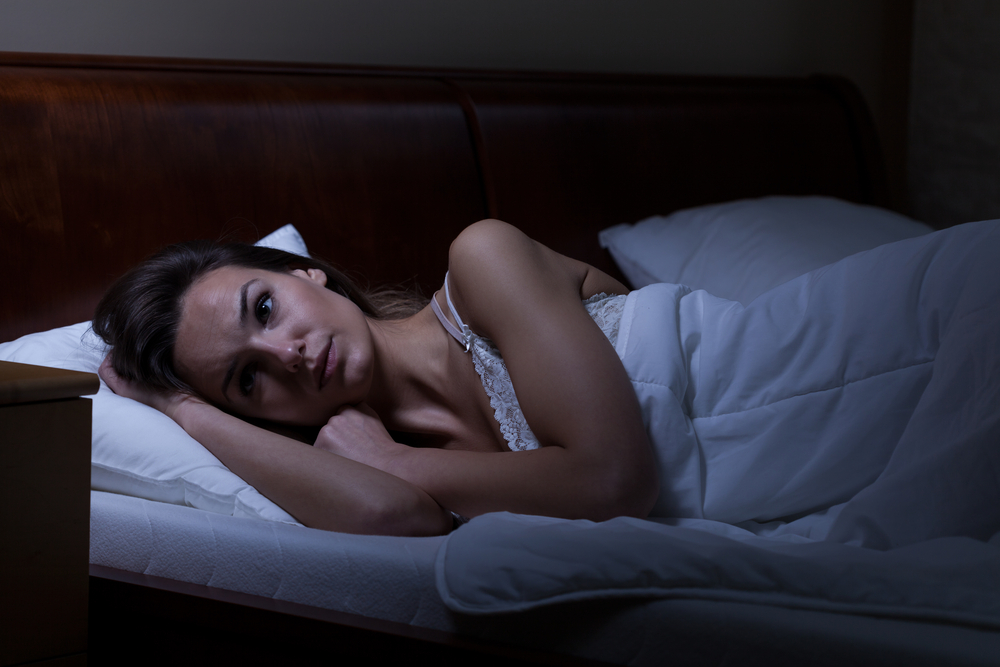
You might find yourself wide awake at 4 a.m., staring at the ceiling and wondering why your brain has decided it’s morning. Aging can shift your body’s internal clock, known as your circadian rhythm, making you wake up earlier than you’d like. Blackout curtains and a consistent bedtime can help reset the clock.
3. They Get Night Sweats

Thanks to fluctuating estrogen levels, the infamous night sweats affect many women during menopause and beyond. Waking up drenched in sweat can ruin even the coziest setup. Lightweight, moisture-wicking pajamas and a cooling mattress pad can make nights less of a battlefield.
4. They Experience Insomnia
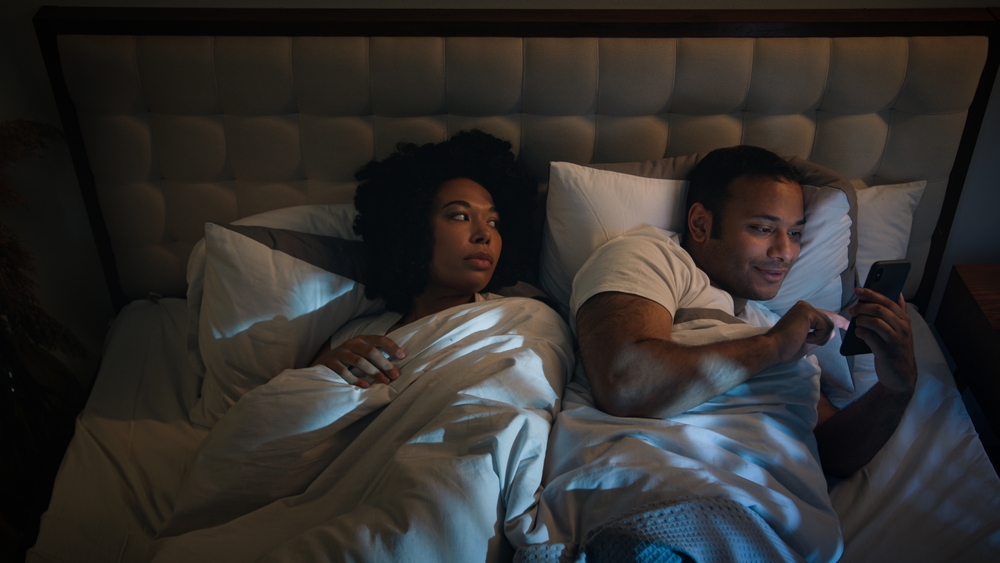
Hormonal shifts, particularly during menopause, often cause chronic insomnia. You might lie in bed for hours, unable to turn off your brain. Mindfulness techniques, like deep breathing or meditation, can sometimes help you drift off more easily.
5. They Get Restless Legs Syndrome
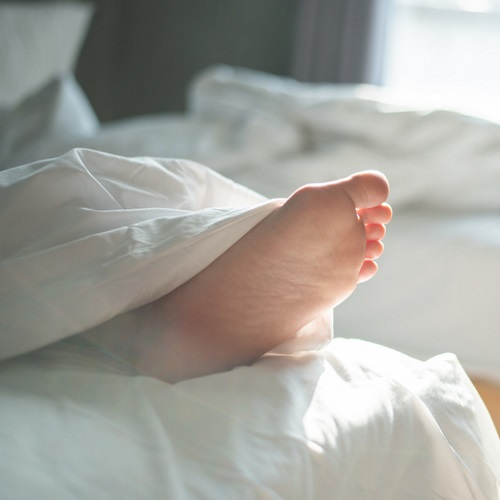
The irresistible urge to move your legs, especially at night, becomes more common with age. Restless legs syndrome can disrupt your ability to relax and fall asleep. Magnesium supplements or gentle stretching before bed might help alleviate the discomfort.
6. They Turn Into Light Sleepers
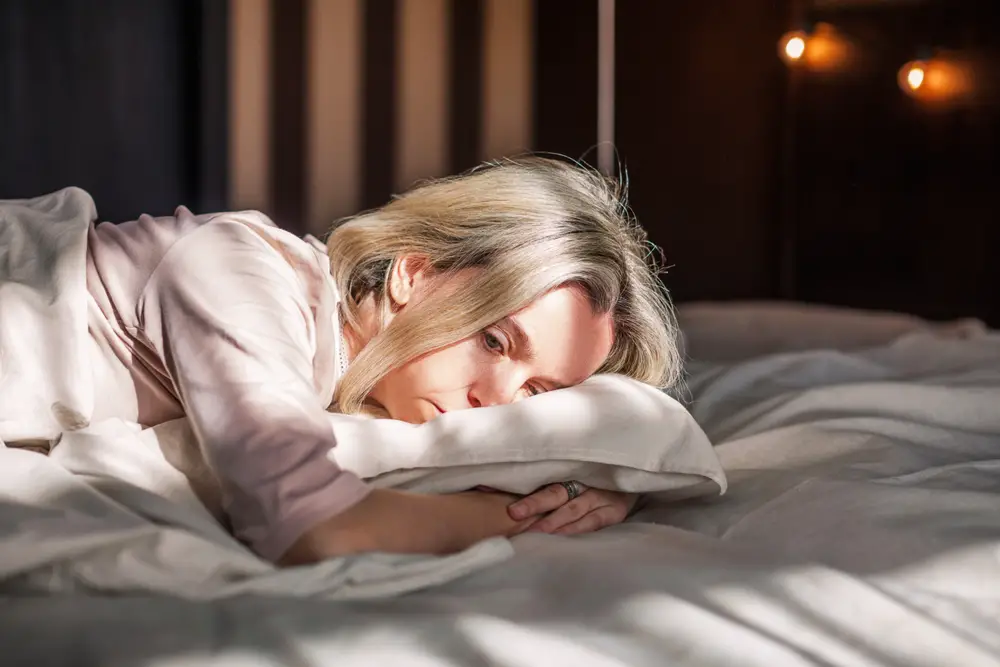
Gone are the days of sleeping like a rock. As you age, you spend less time in deep, restorative sleep and more in lighter stages. This means you’re more likely to wake up at the slightest sound. Investing in a white noise machine can help drown out disruptions and keep you in dreamland longer.
7. They Wake Up to Pee More
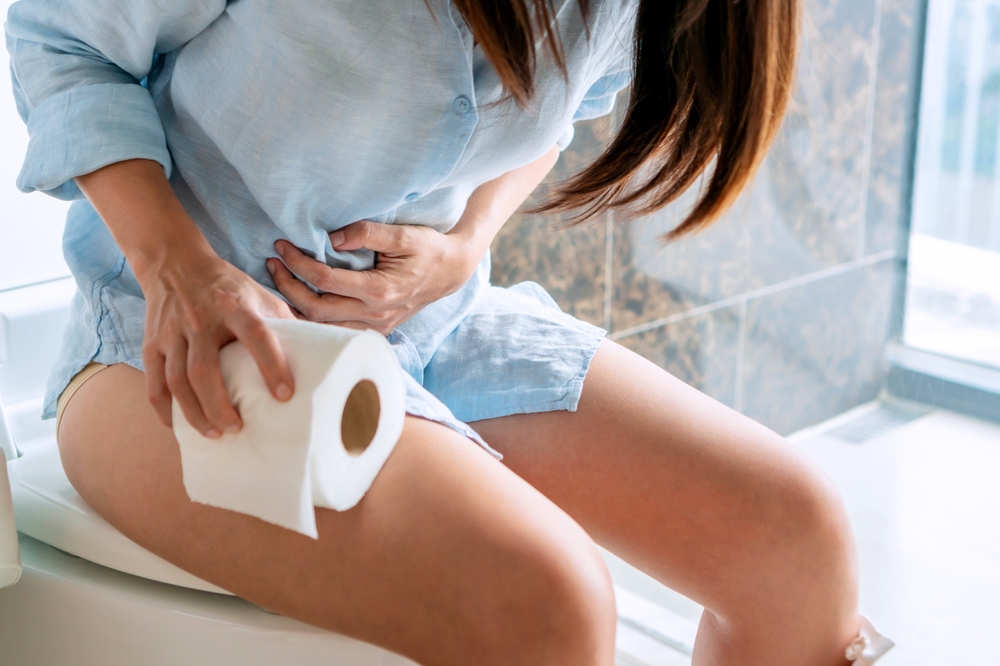
Women make more midnight bathroom visits thanks to a combination of aging bladder muscles and lower estrogen levels. Limiting fluids a few hours before bed can reduce those nocturnal trips, but consult your doctor if this becomes too frequent.
8. They Develop Sleep Apnea
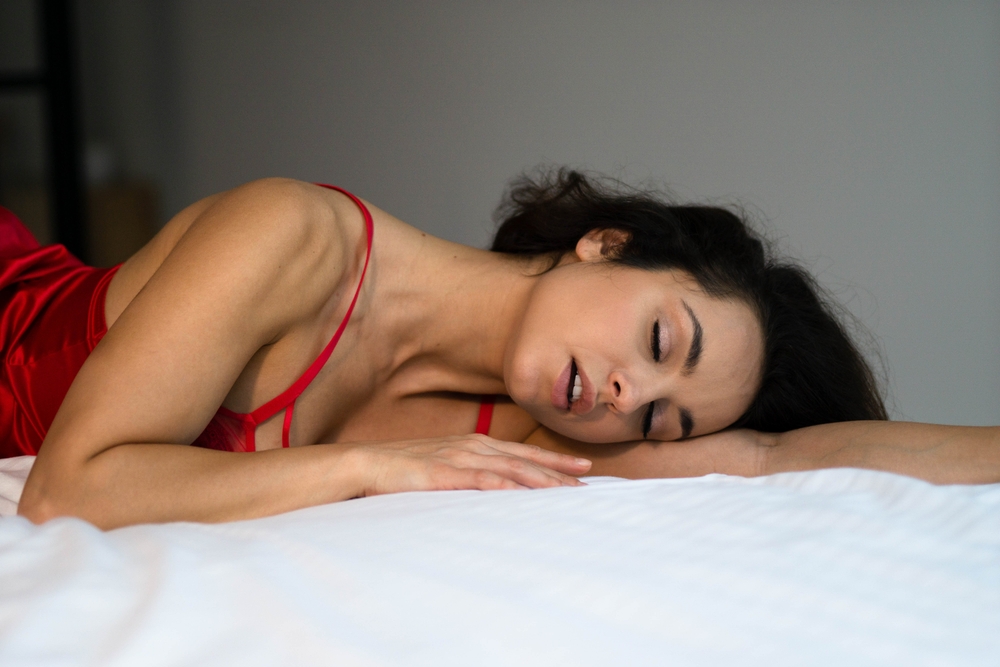
Women are less likely than men to be diagnosed with sleep apnea, but the risk increases post-menopause. Snoring, gasping, or waking up feeling unrefreshed could be signs of this condition. A CPAP machine or other treatments can dramatically improve your sleep and overall health.
9. They Suffer Anxiety-Induced Sleep Loss
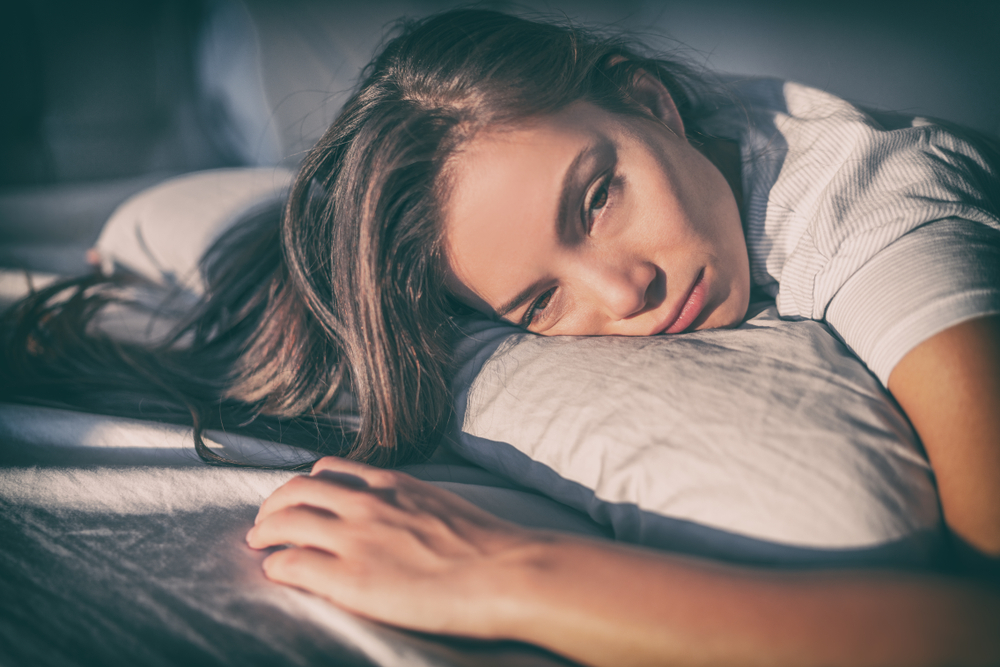
Anxiety and sleep don’t mix, and unfortunately, anxiety can intensify with age. Worries about health, family, or finances can keep your mind racing into the early hours. Journaling or practicing gratitude before bed can help quiet your thoughts.
10. Their Sleep Patterns Go Haywire
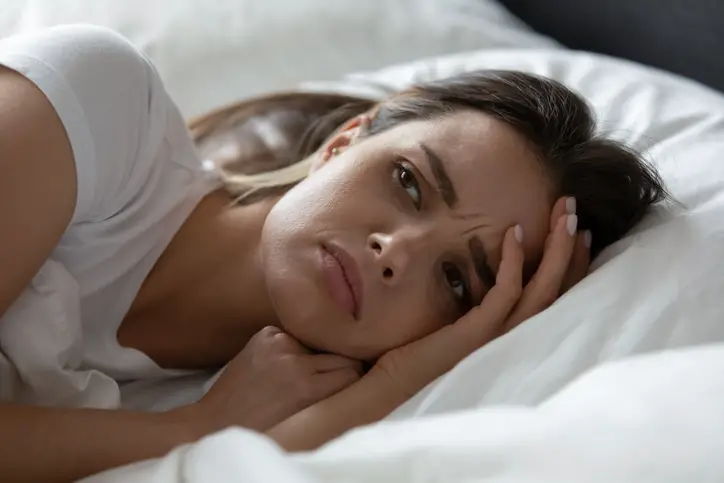
Aging often brings a natural shift in sleep patterns. You might feel sleepy earlier in the evening and wake up earlier in the morning. While this isn’t inherently bad, it can feel disorienting if it doesn’t align with your schedule. Gradually adjusting your bedtime can help you sync up.
11. Their Sleep Becomes Fragmented
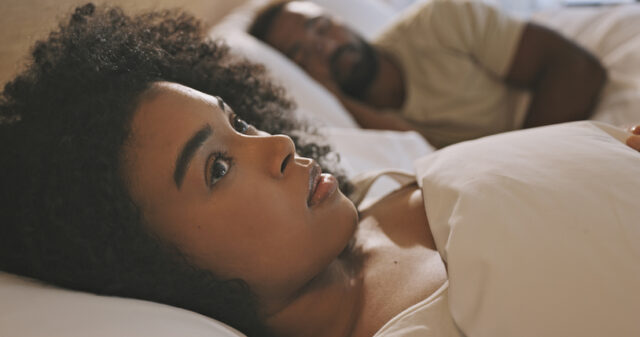
Even if you’re in bed for eight hours, you might only spend six sleeping. Aging often brings fragmented sleep, meaning you wake up more often and struggle to get back to sleep. Sleep trackers can help you understand your patterns and pinpoint what’s disrupting your rest.
12. They Snore More
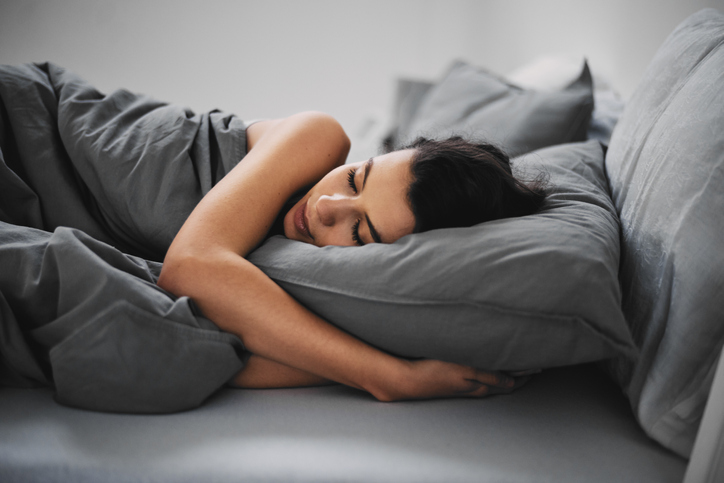
Snoring can creep up as estrogen levels drop and tissues in the throat relax. If your snoring wakes you—or your partner—up, it might be time to explore remedies like nasal strips or even consult a sleep specialist.
13. They Have Body Aches That Wake Them
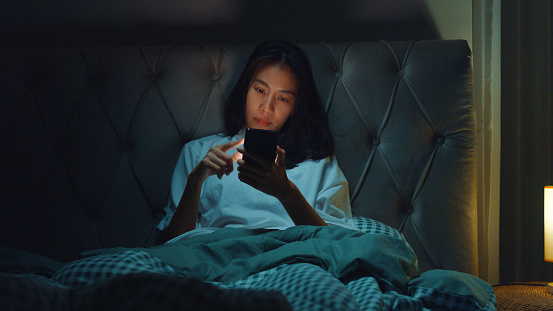
Sleeping comfortably gets harder as your joints and muscles age. Waking up stiff or achy can make falling back asleep feel impossible. Investing in a supportive mattress and ergonomic pillows can provide much-needed relief.
14. They Get Sleep-Interruptions from Medications

Certain medications, like those for high blood pressure or pain, can interfere with your ability to sleep soundly. Talk to your doctor about alternatives or timing adjustments if your prescriptions disrupt your rest.
15. They Experience Digestive-Related Sleep Disruptions

Acid reflux and bloating tend to worsen with age, often flaring up at night. Lying down after eating can exacerbate these issues, so aim to finish meals at least three hours before bed. Elevating your head with an adjustable bed or wedge pillow can also help.
16. They Suffer From Sleep Anxiety
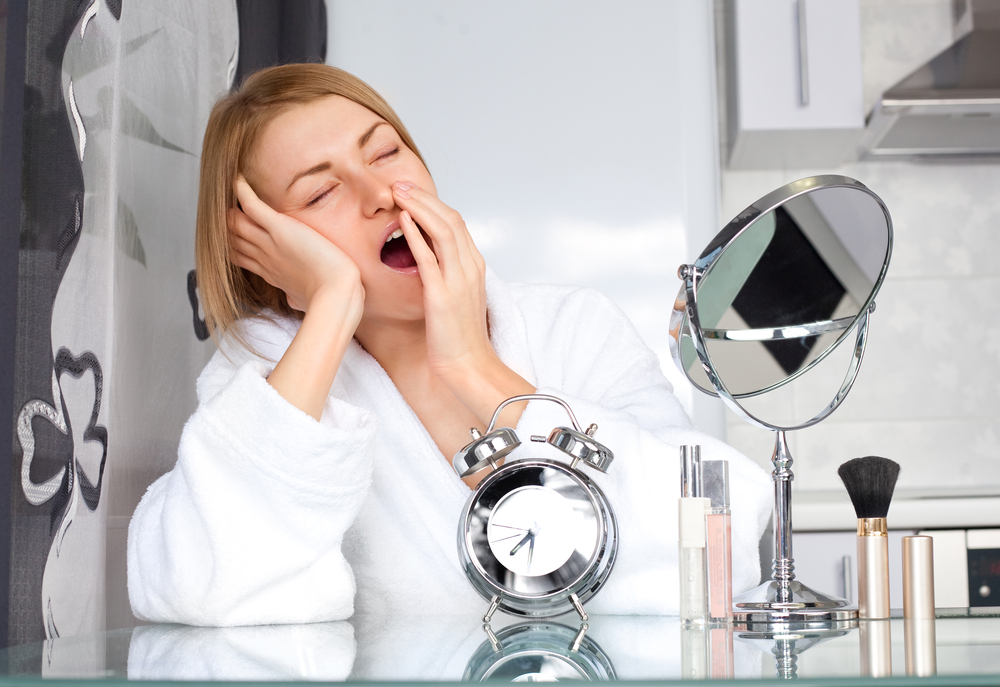
After repeated nights of bad sleep, you might start to dread bedtime, convinced you won’t rest well. This negative mindset can create a cycle of insomnia. Focus on creating a relaxing bedtime routine and remind yourself that every night is a new chance for rest.



